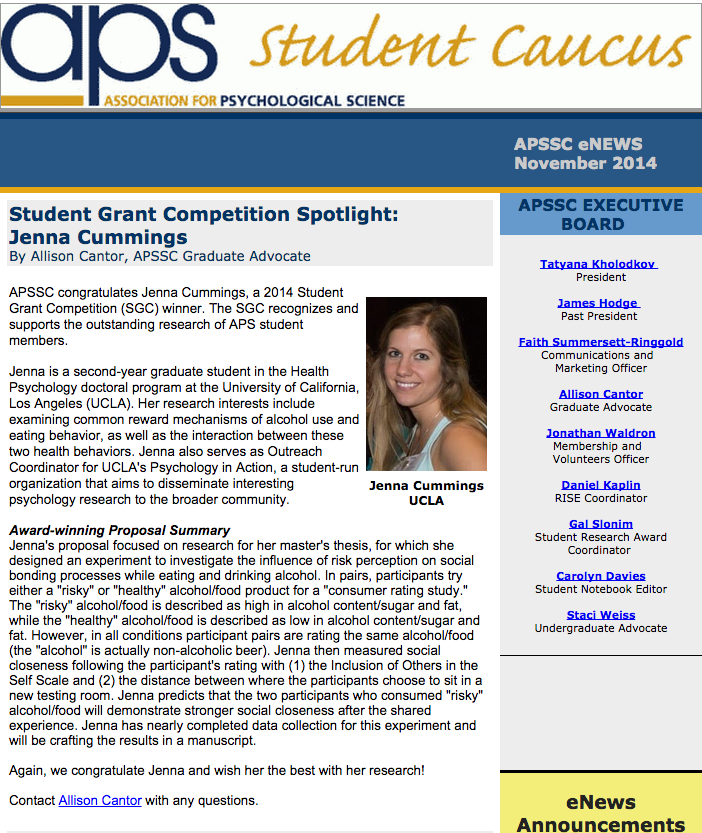Traci Mann featured in StarTribune!
Traci Mann’s intriguing work was recently covered in StarTribune! As you may know, Traci Mann was Dr. T’s graduate advisor and her research focuses on many of the same topics as we study here in the DiSH lab.
By revealing the powerful effects of our eating habits on wellness, Traci Mann is known to bust many of the common myths about our eating behaviors, and her research suggests that, due to the limits of our willpower, dieting is not the way to go if you’re trying to lose weight.
“People yell at me about this, but the data are so strongly on my side it’s crazy,” she said. “When I say diets don’t work, I say they don’t do what people want them to do.” That is, lose weight and keep it off.
“She speaks the truth and she finds the truth,” said Dr.T “When you can approach science nondefensively and with curiosity, you can reach some interesting findings.”
Her book “Secrets From The Eating Lab” is just around the corner, in the meantime check out what she has to say in the StarTribune article here!

